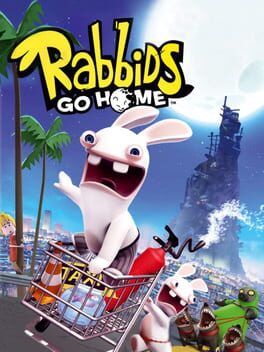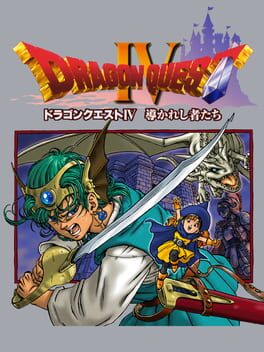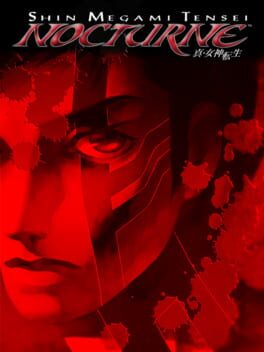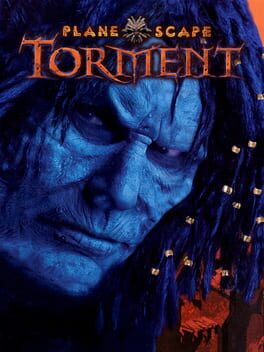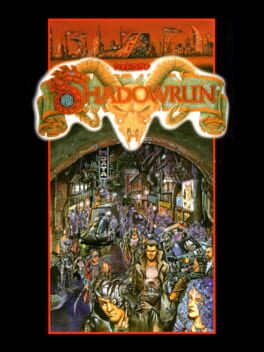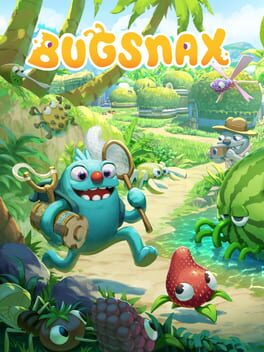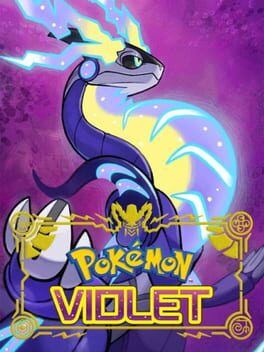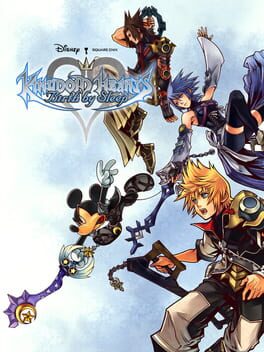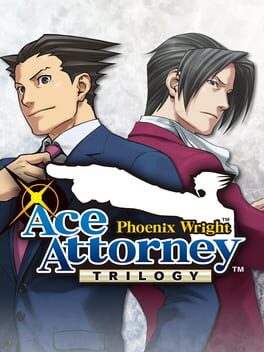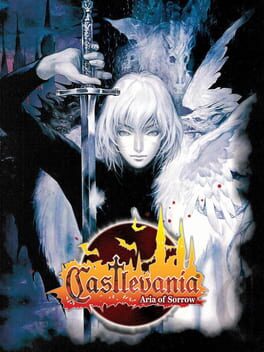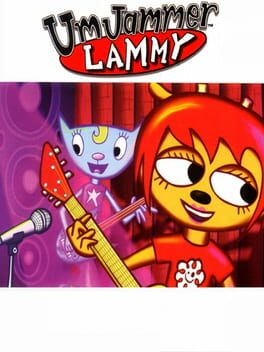scryingshame
2009
2001
III was a great game but it's hard to argue that there wasn't much of a story until the very end. Sometimes a journey is defined by the company you keep and the illustrations in II's manual teased something which we had yet to see.
IV not only provides you with great companions but gives all of them a chance to shine before you even see the hero... at least in the original version. But I'm praising the remake because of its quality of life enhancements and fun little quips between characters (sadly absent in some ports.)
I really do think this is the greatest JRPG of all time. This feels like it finished what Ultima III started. It's a thrilling ride from start to finish which every gamer should experience.
IV not only provides you with great companions but gives all of them a chance to shine before you even see the hero... at least in the original version. But I'm praising the remake because of its quality of life enhancements and fun little quips between characters (sadly absent in some ports.)
I really do think this is the greatest JRPG of all time. This feels like it finished what Ultima III started. It's a thrilling ride from start to finish which every gamer should experience.
After II, you'd be forgiven for thinking the series had nowhere else to go. That was until Atlus had the genius idea to set it in a chaotic world in opposition to II's lawful one.
And it does feel chaotic. Powerful enemies can show up out of nowhere, might rules the day and you will feel overwhelmed. It's even reflected by the narrative, where you have to choose a philosophy to reshape the world, but all are morally gray and none of them are your own.
This game pioneered the Press Turn system which has been used by several games since. Of course you have to mention Kaneko's art and Meguro's soundtrack too. There's just so much to admire here.
The Persona series may be more accessible but Nocturne has it beat in sheer originality. I love, love, love this game.
And it does feel chaotic. Powerful enemies can show up out of nowhere, might rules the day and you will feel overwhelmed. It's even reflected by the narrative, where you have to choose a philosophy to reshape the world, but all are morally gray and none of them are your own.
This game pioneered the Press Turn system which has been used by several games since. Of course you have to mention Kaneko's art and Meguro's soundtrack too. There's just so much to admire here.
The Persona series may be more accessible but Nocturne has it beat in sheer originality. I love, love, love this game.
1997
The only thing stopping me from giving this a perfect score are the numerous game-breaking glitches. Other than that, it's an incredibly ambitious game which showed us how player agency and freedom should be handled. It's also hard not to fall in love with the setting.
Little advice: save your stimpaks for Mariposa, a certain someone will need them.
Little advice: save your stimpaks for Mariposa, a certain someone will need them.
1999
1993
2020
2013
2022
After decades of failing to innovate its core experience, Game Freak finally shook things up with a completely open world and a non-linear story which uproots most of the franchise's conventions. The gameplay hasn't changed much from the previous generation but it worked well enough.
Unfortunately, all of these praises are mired by its technical shortcomings – and frankly, these are too terrible to ignore. I stood on a rock and ended up halfway across the world, I had pokémon spawn under the floor, and was able to toggle the world's lighting with my battle menu. These would be funny if they didn't also crash your game.
It desperately needed more time in development. It's also painfully obvious that it was initially more ambitious before several features were cut. This is not a finished game by any means.
As of writing, Pokémon is valued at $70 billion. By comparison, Kirby is not even 1% of that. It really should be held to higher standards.
Unfortunately, all of these praises are mired by its technical shortcomings – and frankly, these are too terrible to ignore. I stood on a rock and ended up halfway across the world, I had pokémon spawn under the floor, and was able to toggle the world's lighting with my battle menu. These would be funny if they didn't also crash your game.
It desperately needed more time in development. It's also painfully obvious that it was initially more ambitious before several features were cut. This is not a finished game by any means.
As of writing, Pokémon is valued at $70 billion. By comparison, Kirby is not even 1% of that. It really should be held to higher standards.
I was starting to get sick of the melodrama present in CoM and KHII, so I rolled my eyes pretty hard when I first saw this game; but after playing it, my expectations were subverted.
Rather than trying to ground itself, BBS embraces its ridiculousness (whether intentional or not) and tells a surprisingly tragic story. Its choice of Disney properties is also quite appropriate, reflecting the setting and emotional journey of its characters quite well.
It still has some of the usual KH pratfalls and doesn't work well as a standalone entry, but it's arguably the best of the franchise. It's unfortunate that later entries do not conclude BBS's arcs in any meaningful way.
Rather than trying to ground itself, BBS embraces its ridiculousness (whether intentional or not) and tells a surprisingly tragic story. Its choice of Disney properties is also quite appropriate, reflecting the setting and emotional journey of its characters quite well.
It still has some of the usual KH pratfalls and doesn't work well as a standalone entry, but it's arguably the best of the franchise. It's unfortunate that later entries do not conclude BBS's arcs in any meaningful way.
2004
2-4 stands alone as an amazing interactive mystery, but the whole trilogy as a package comes together to make quite possibly the best "detective" game you will ever play.
Phoenix is simply one of the greatest video game heroes of all time. He is the 21st century's Atticus Finch and you owe it to yourself to relive his finest moments.
Phoenix is simply one of the greatest video game heroes of all time. He is the 21st century's Atticus Finch and you owe it to yourself to relive his finest moments.
1994
It's not a story about saving the world, but rather avenging it. We see the effects of it on 14 characters of varied ages, genders, races, beliefs, and even species, who join up to overcome something larger than themselves.
To me, this is still Square's magnum opus. It turned so many fantasy and JRPG tropes on their head while improving on everything the series already did. It deserves far more praise than it gets.
To me, this is still Square's magnum opus. It turned so many fantasy and JRPG tropes on their head while improving on everything the series already did. It deserves far more praise than it gets.
Symphony of the Night was groundbreaking in its marriage of classic Castlevania, Metroid and RPG elements - but Castlevania was getting repetitive, it needed inspiration.
From the moment you see a torii shrine and "2035" in the opening crawl, it promises exactly that... and delivers it in abundance. The setting informs many exciting gameplay, art and story decisions.
The result is something unique and entirely its own. It's a monster in the GBA library and most definitely belongs in this world.
From the moment you see a torii shrine and "2035" in the opening crawl, it promises exactly that... and delivers it in abundance. The setting informs many exciting gameplay, art and story decisions.
The result is something unique and entirely its own. It's a monster in the GBA library and most definitely belongs in this world.
1999
The songs are catchy, the UI is better than PaRappa's, and the scoring system is far less cryptic. Even once it's over, you have three(!) additional modes and instrument variations to do it all again.
But what really brings it together is Lammy, who might be the most relatable video game protagonist ever. She's adorable and deserves more recognition.
Also, maybe it's just me, but Lammy playing riffs to match the vocals makes a lot more sense than PaRappa echoing his teachers - it hardly makes him much of a rapper. Thematically, this just works better.
But what really brings it together is Lammy, who might be the most relatable video game protagonist ever. She's adorable and deserves more recognition.
Also, maybe it's just me, but Lammy playing riffs to match the vocals makes a lot more sense than PaRappa echoing his teachers - it hardly makes him much of a rapper. Thematically, this just works better.
